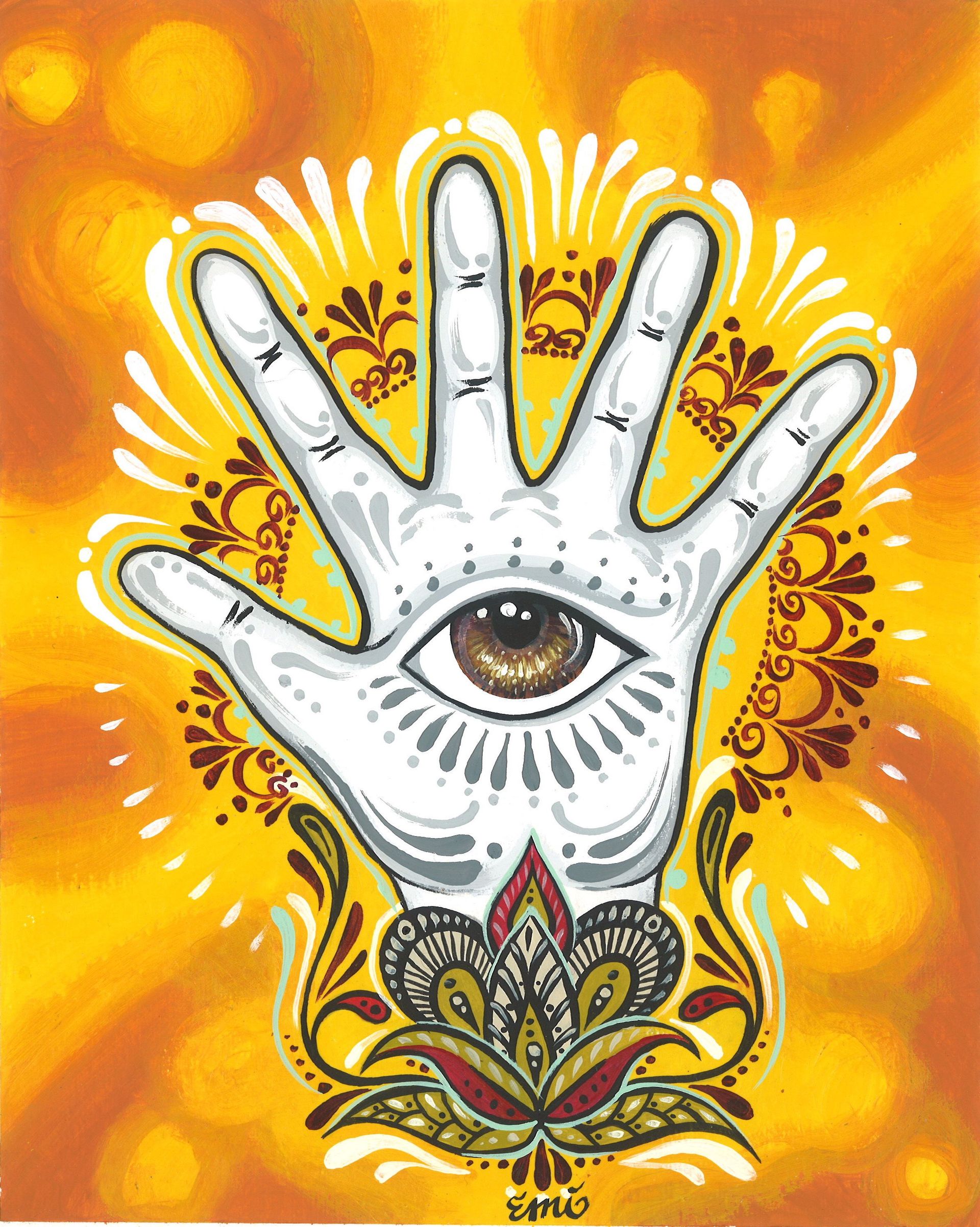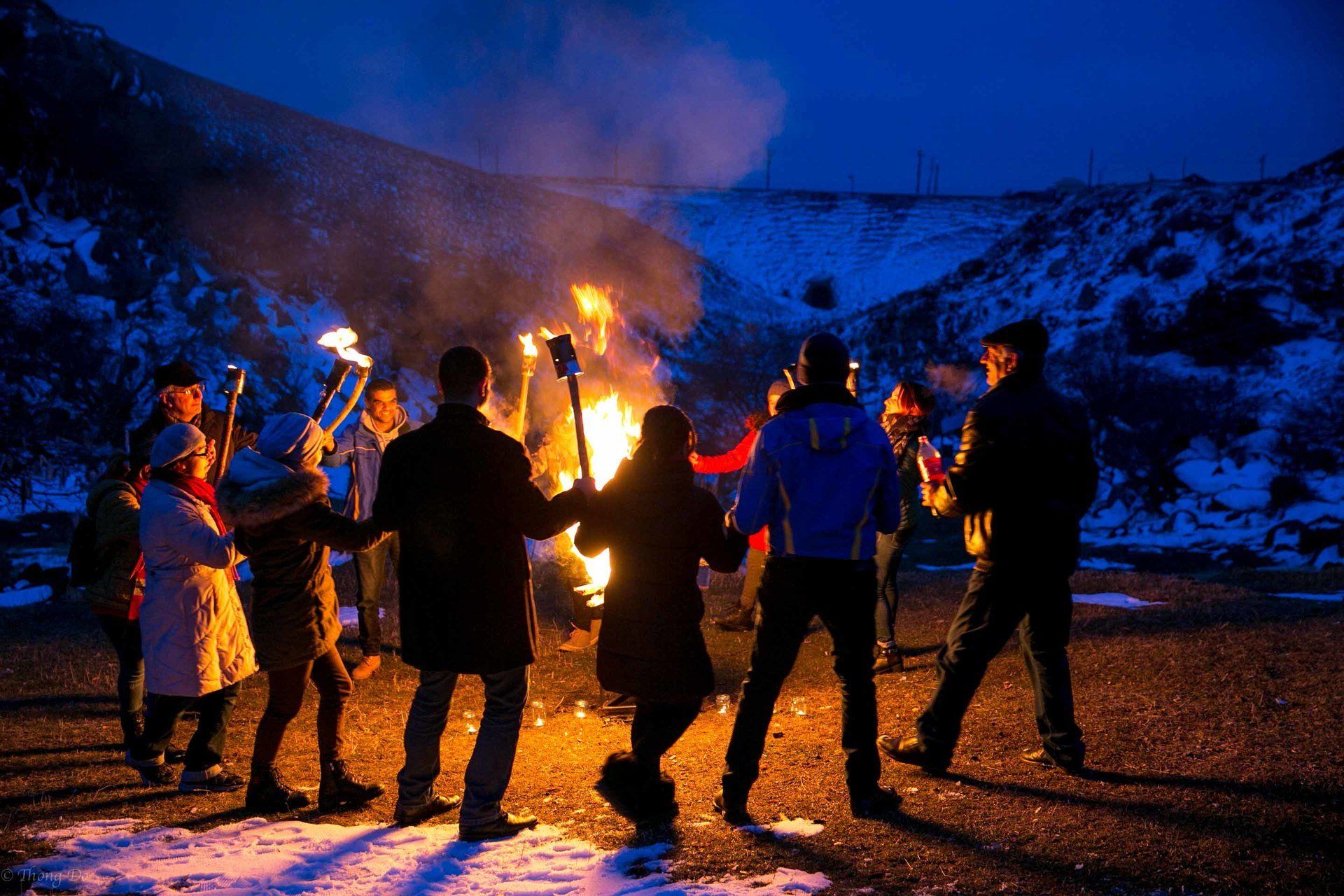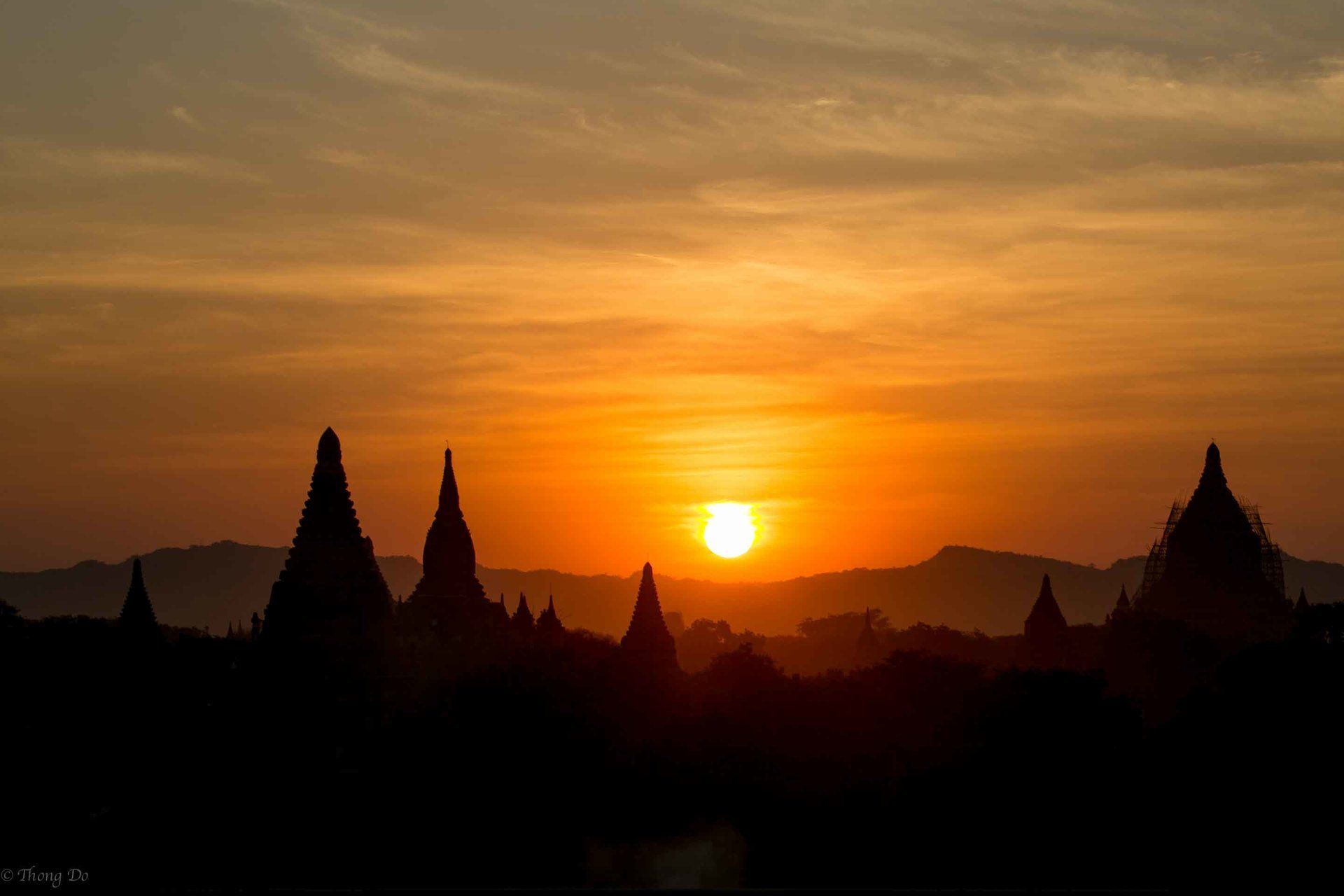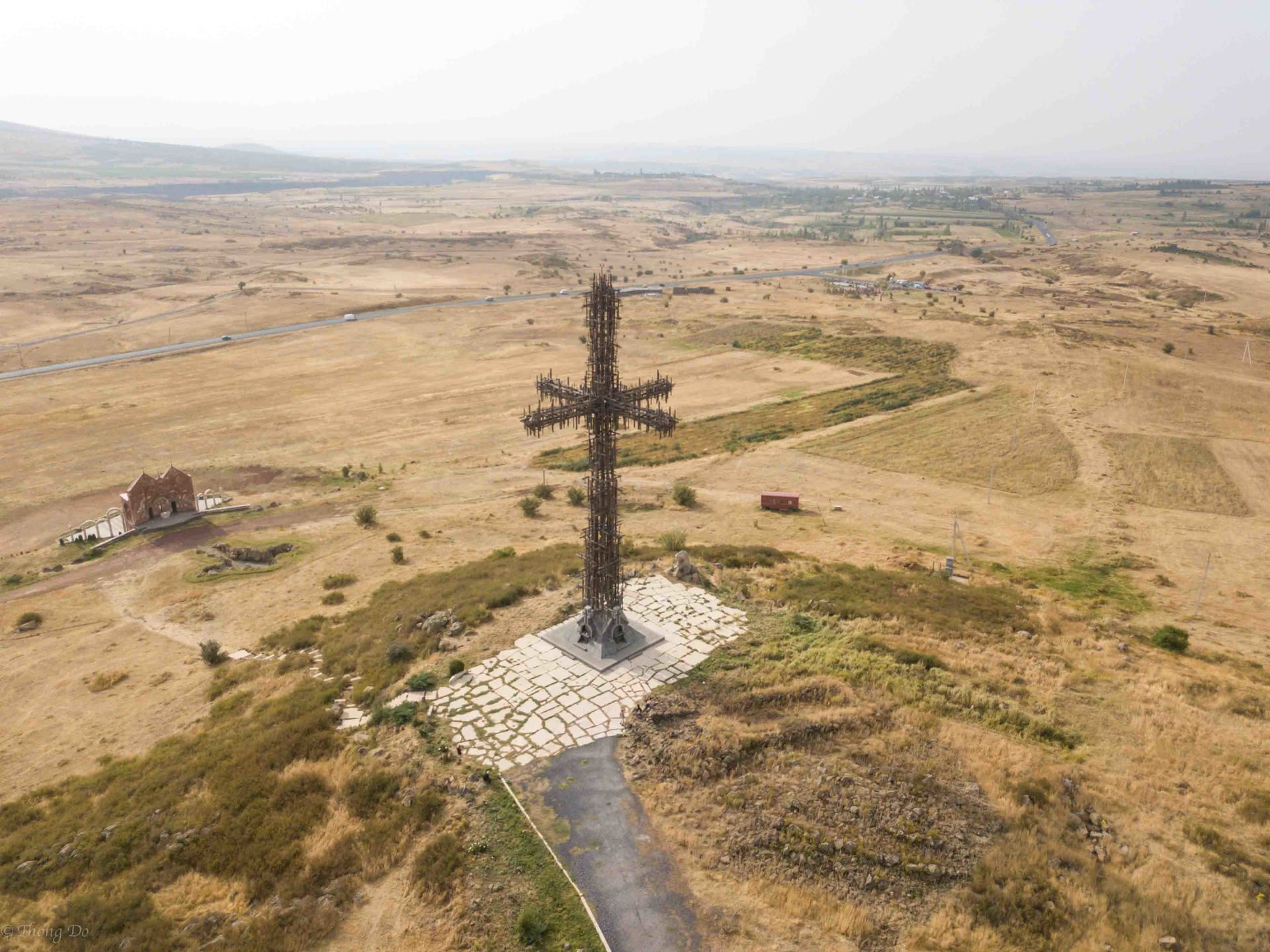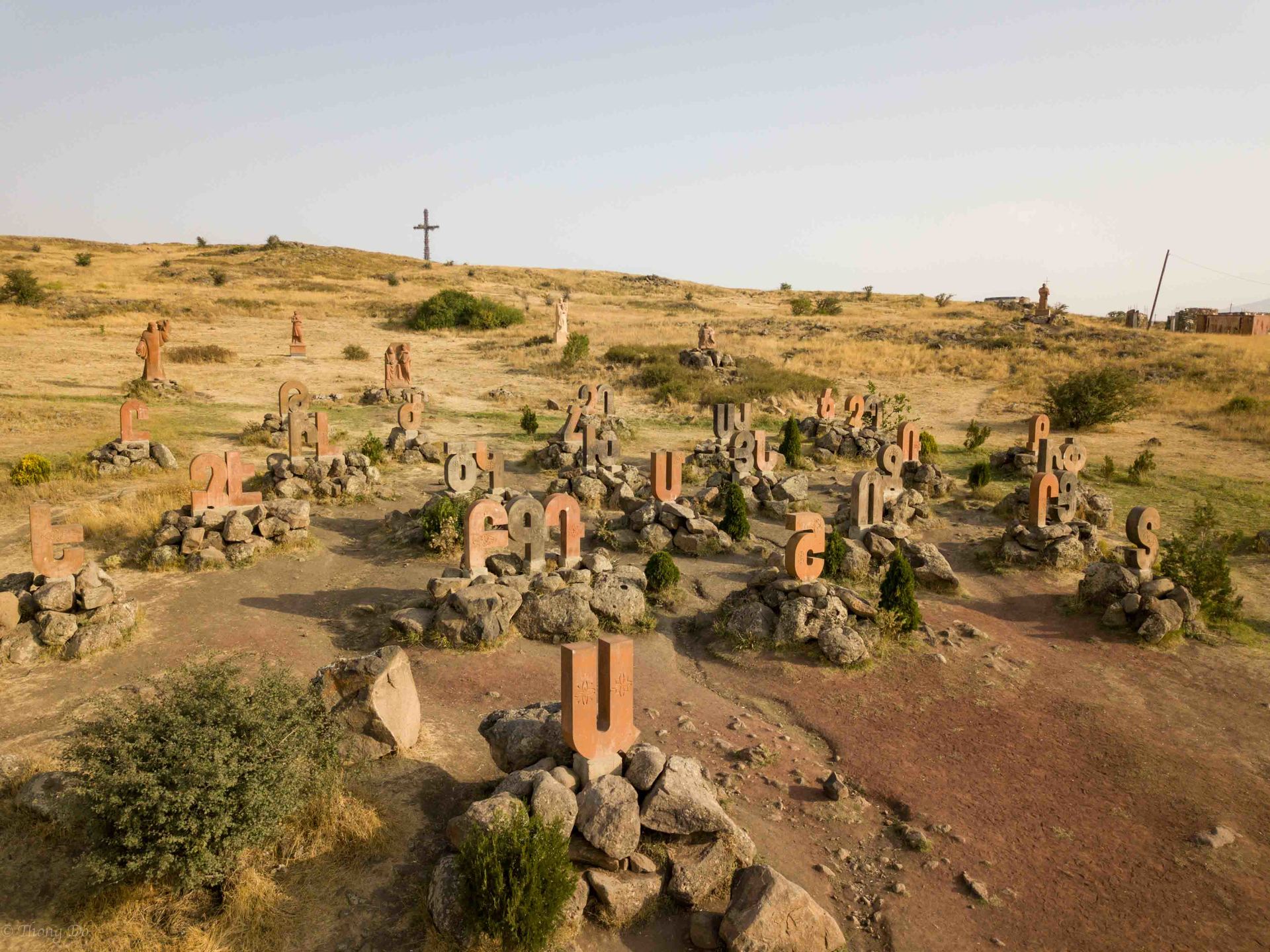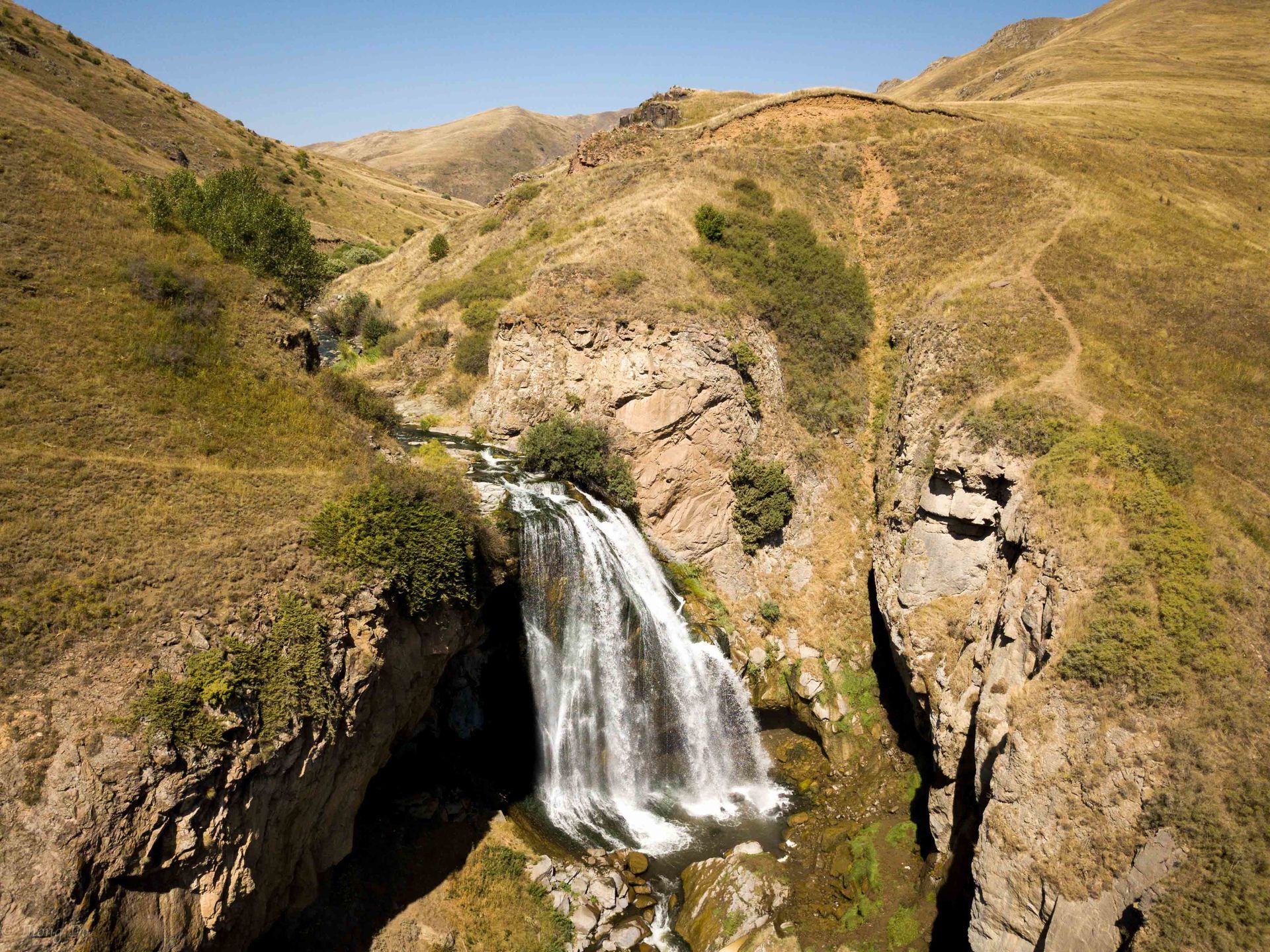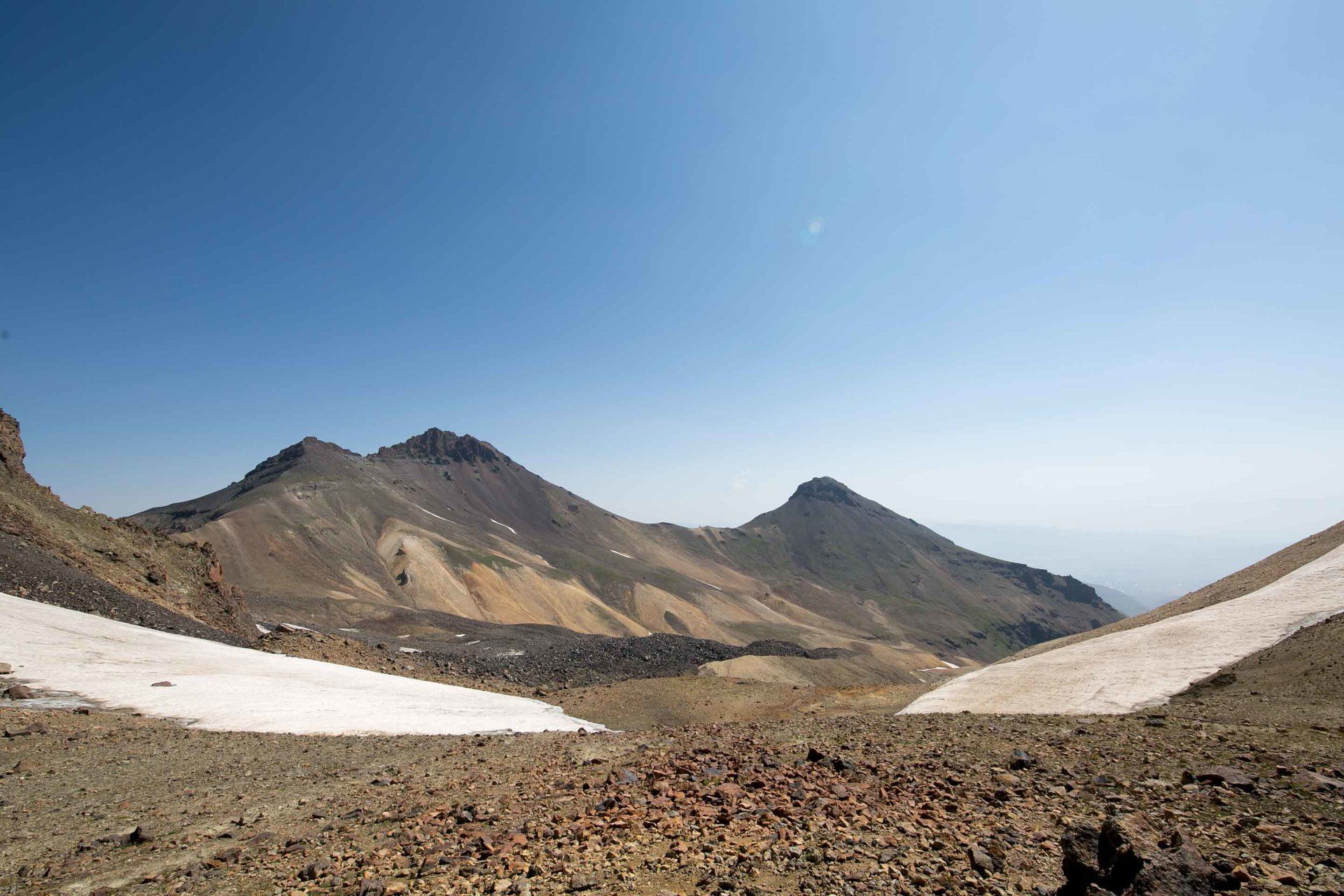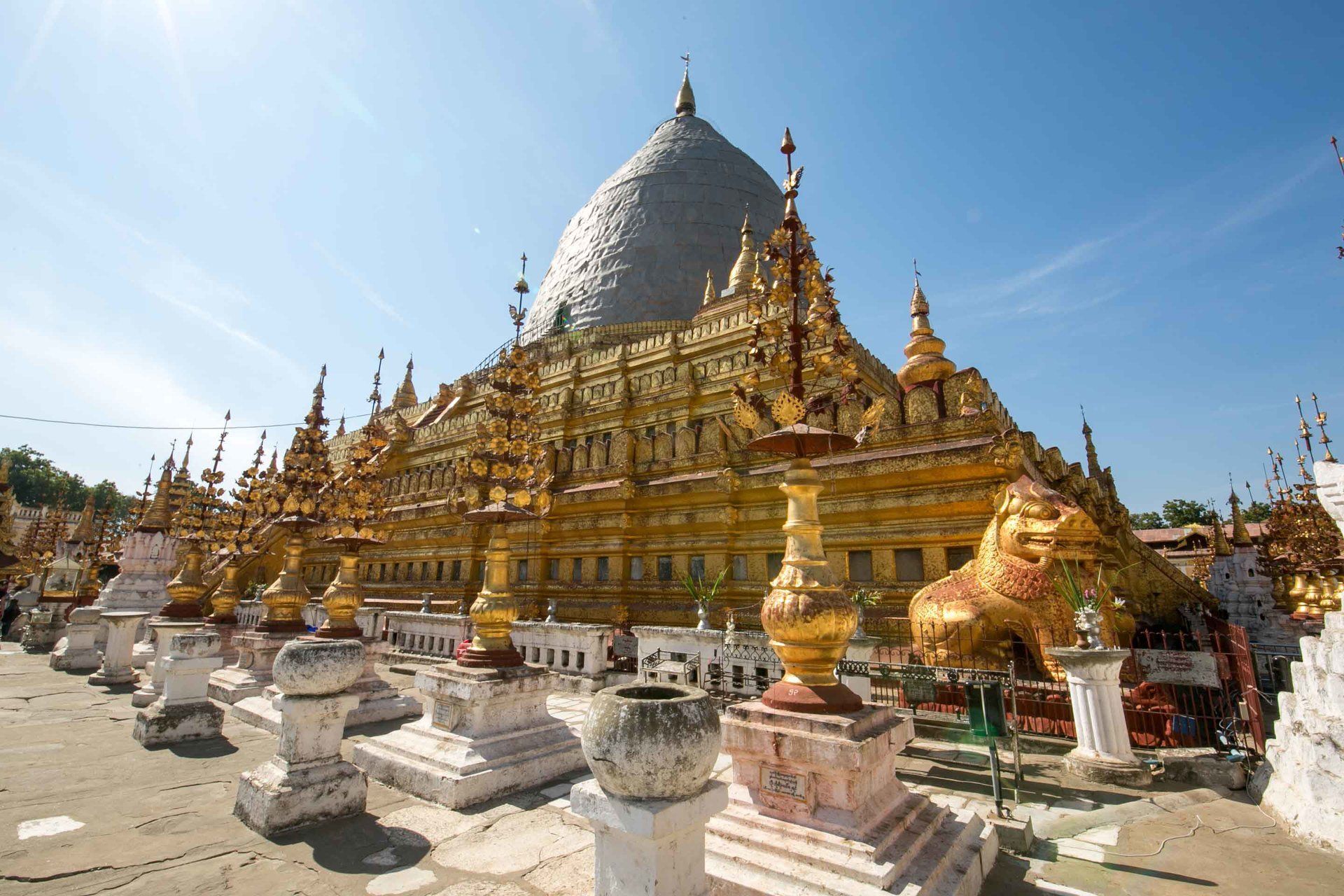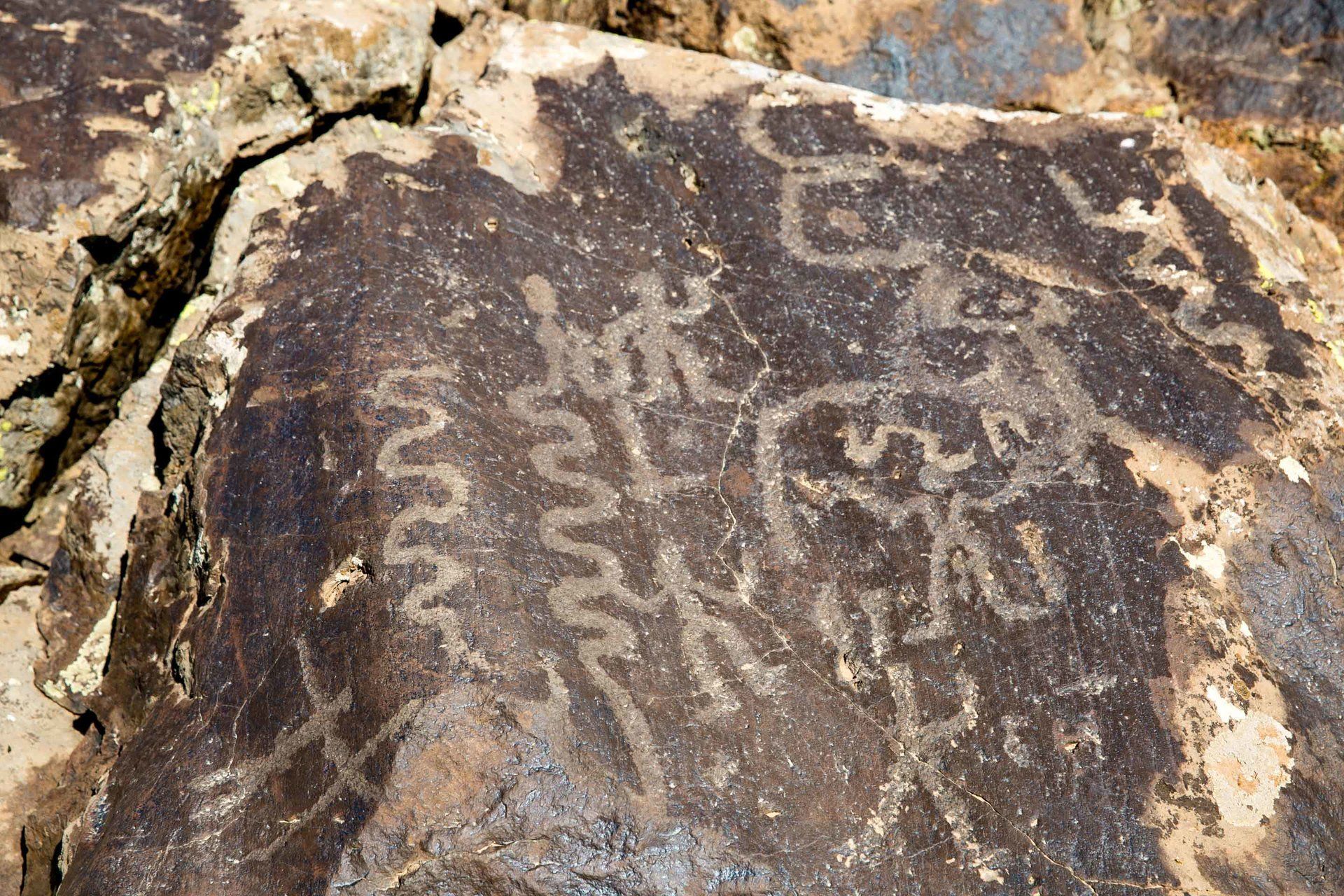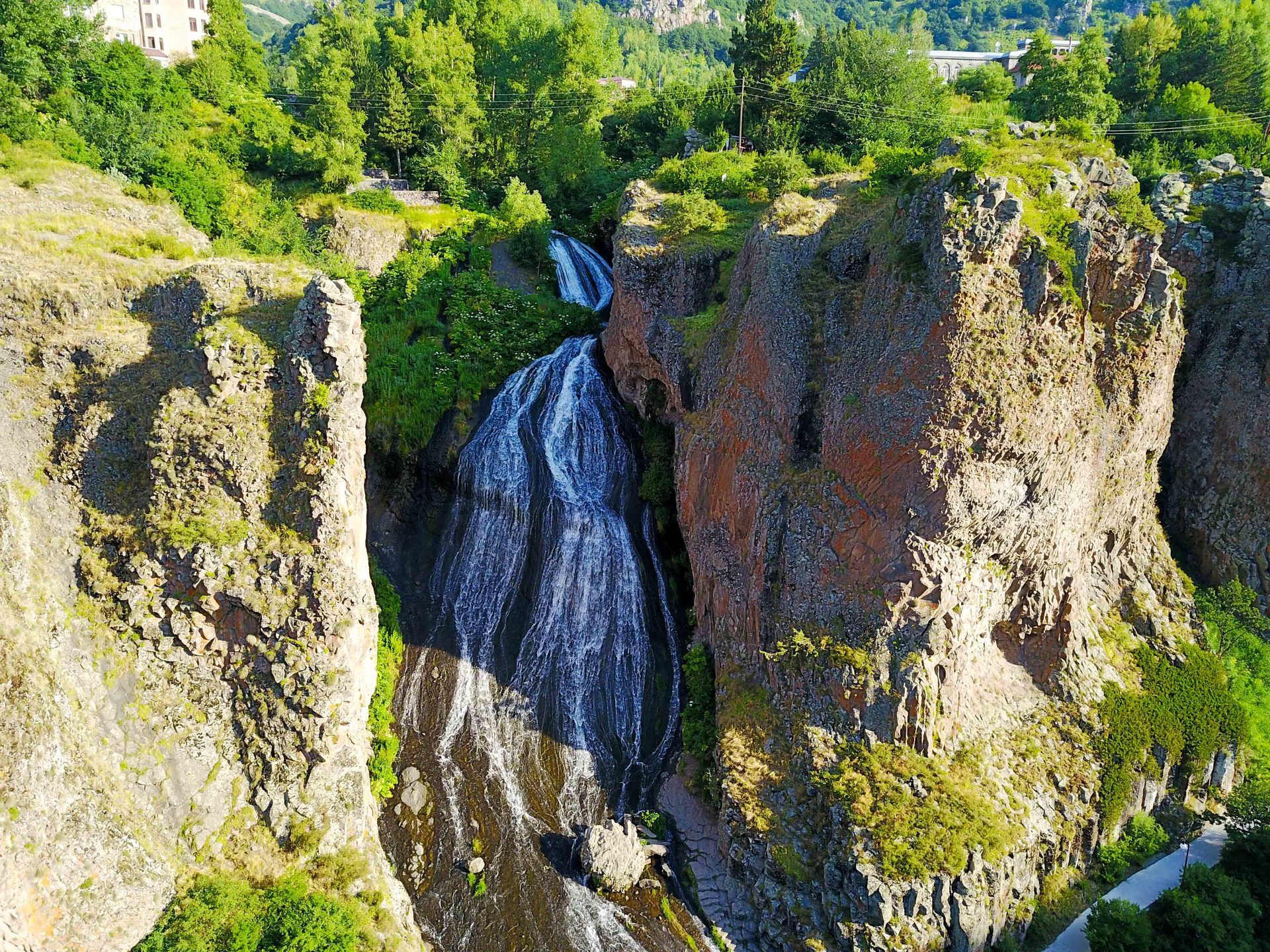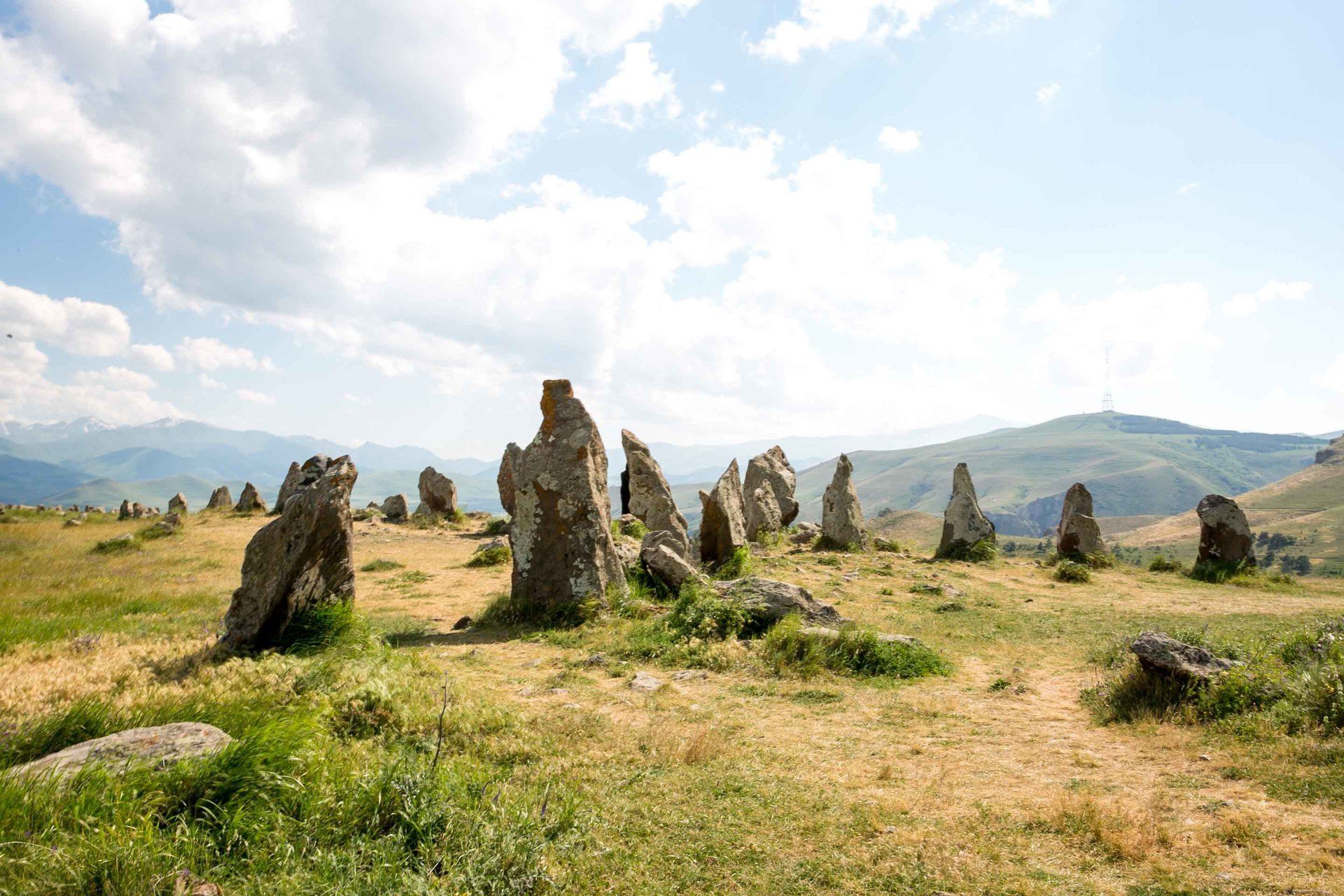Peace Corps 2.0: PST and that first week living with a host family
- By Thong Do
- •
- 06 Apr, 2016
- •
PST is an acronym for Pre-Service Training. Working for the federal government is a case study of knowing an endless amount of acronyms and you eventually get used to it. PST lasts for 10 weeks and this accounts for our language training, technical training, and cultural immersion. We are not actually Volunteers at this point but Trainees. After successful completion of language proficiency and technical training do we take part in the Swear In ceremony at the end of the 10 weeks and then officially become Peace Corps Volunteers. Also, during this time, our Program Managers are assessing our skills and experience and determining what organization we will be placed with for the remaining 2 years of service. We usually don’t find out our permanent work sites until about Week 7 or 8. PST can be quite overwhelming because of the intensity of the trainings and the adjustment to a new culture. I can only characterize it as drinking a sip of water through a fire hose. It’s high pressure and relentless.
PST was a little different the second time for me. When I was in Romania, our PST site was in a city called Ploiesti, about an hour outside the capital. The city was quite large and we lived relatively close to one another. This time, the only similarity is that the training site is still about an hour outside the capital but Trainees are broken down into much smaller groups and separated into 4 separate small villages. The village I was placed in is called Taperakan and is only a few miles/kilometers from the Turkish border. Its technically Spring, but its still quite cold out.
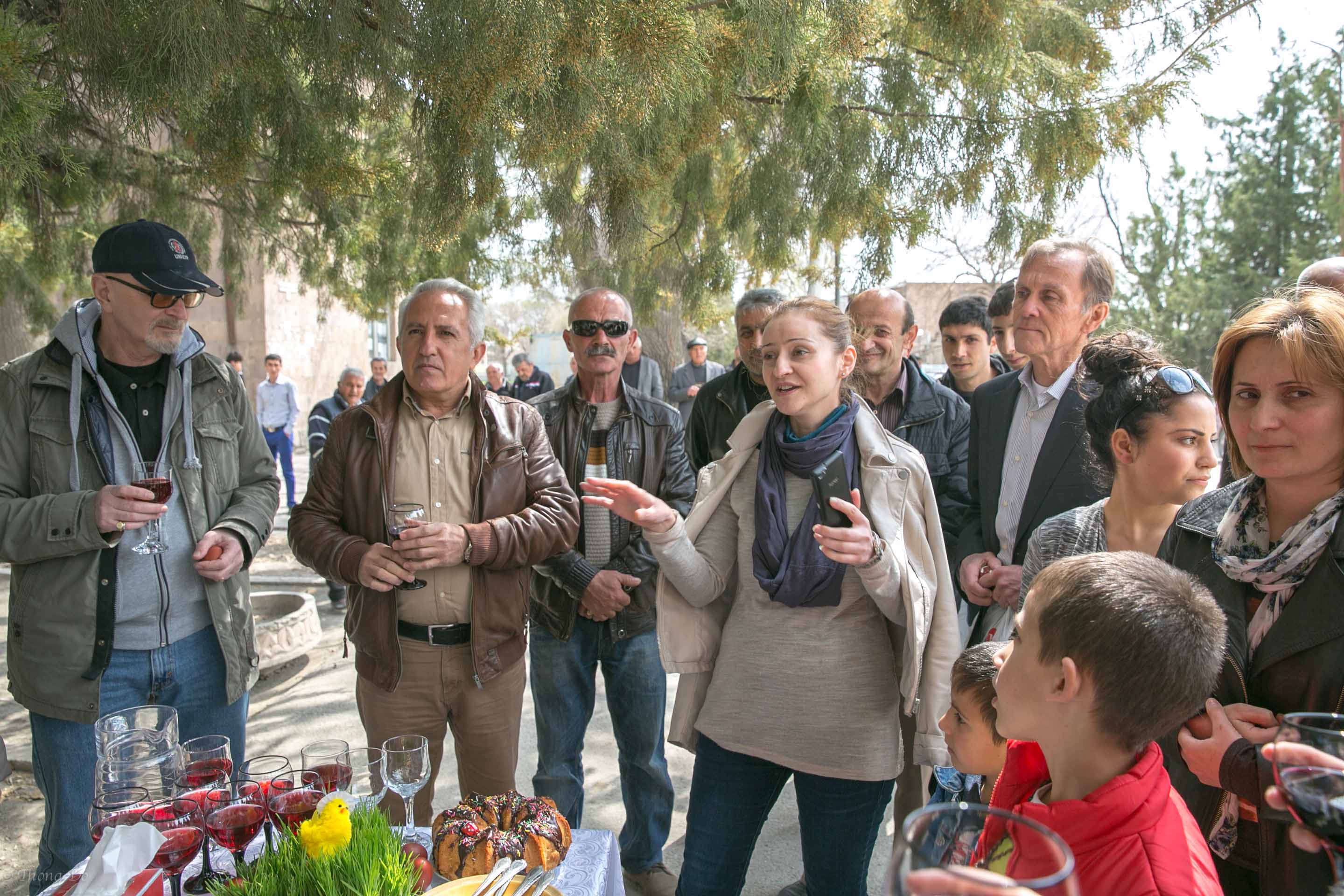
Getting dropped off to our village to meet our new host family was quite an amazing experience. We only learned the bio of our families shortly before meeting them. When I was in Romania, the host family actually met us at our hotel and then took us to their homes. This time, all the host families met us at the center of town with a welcoming committee! The local mayor, our host families, and a youth club wore their traditional outfits and performed a dance for us. It was an amazing welcome and they offered us some snacks and drinks too.
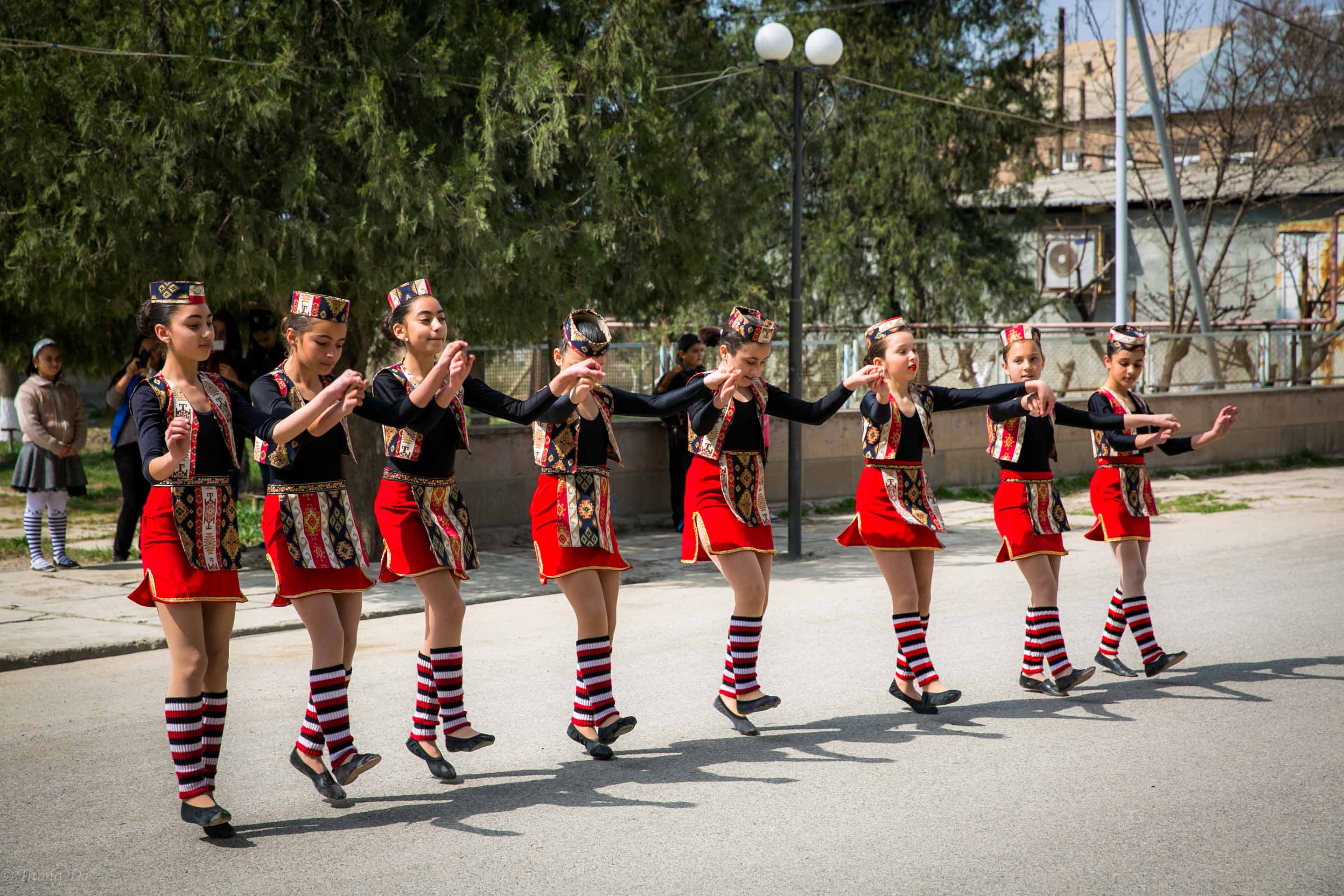
My host family is a small family of four and they are warm, genuinely kind, and immediately made me a part of their family. My host father’s name is Garnik, my host mother’s name is Nvard, and my two teenage host brothers are named David and Valodik. Their home has a huge backyard where they grow their own vegetables, grow roses for market, have numerous chicks and chickens, and have two young piglets. I am their second American Trainee and the parents speak very limited English and the 2 teenage sons know some English as well. The first week is the most intense because they are so curious to get to know me but the language barrier makes things difficult. The first week had me perfect the art of hand gestures! There are also cultural boundaries and forms of etiquette we are still learning to adjust to so most of the time is like walking around on eggshells.
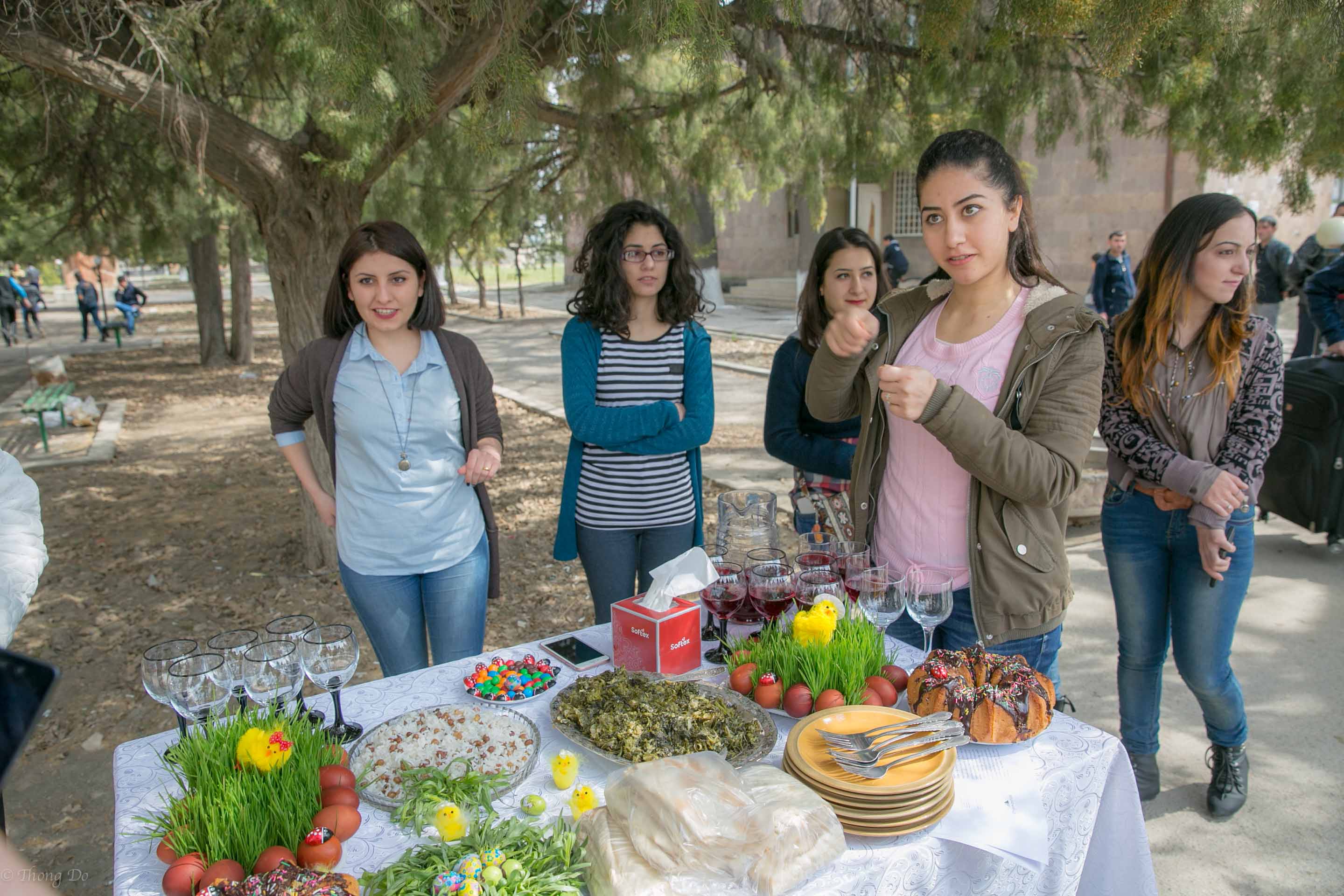
The first 5 minutes was quite the rush because the day we moved into to our host families also happened to be Easter Sunday. Armenia is a predominately Orthodox Christian nation and take Easter extremely seriously. As soon as I entered the home I was introduced to a total of about 25 people of all different age groups. At first glance, I immediately thought this was a huge family and wondered if they all lived in this household. Only then did I learn that all the extended family was here enjoy Easter lunch. Luckily, there were a couple of family members who spoke very good English and I was able to have a conversation with them. Otherwise, it would have been long silences with a lot of smiles from me.
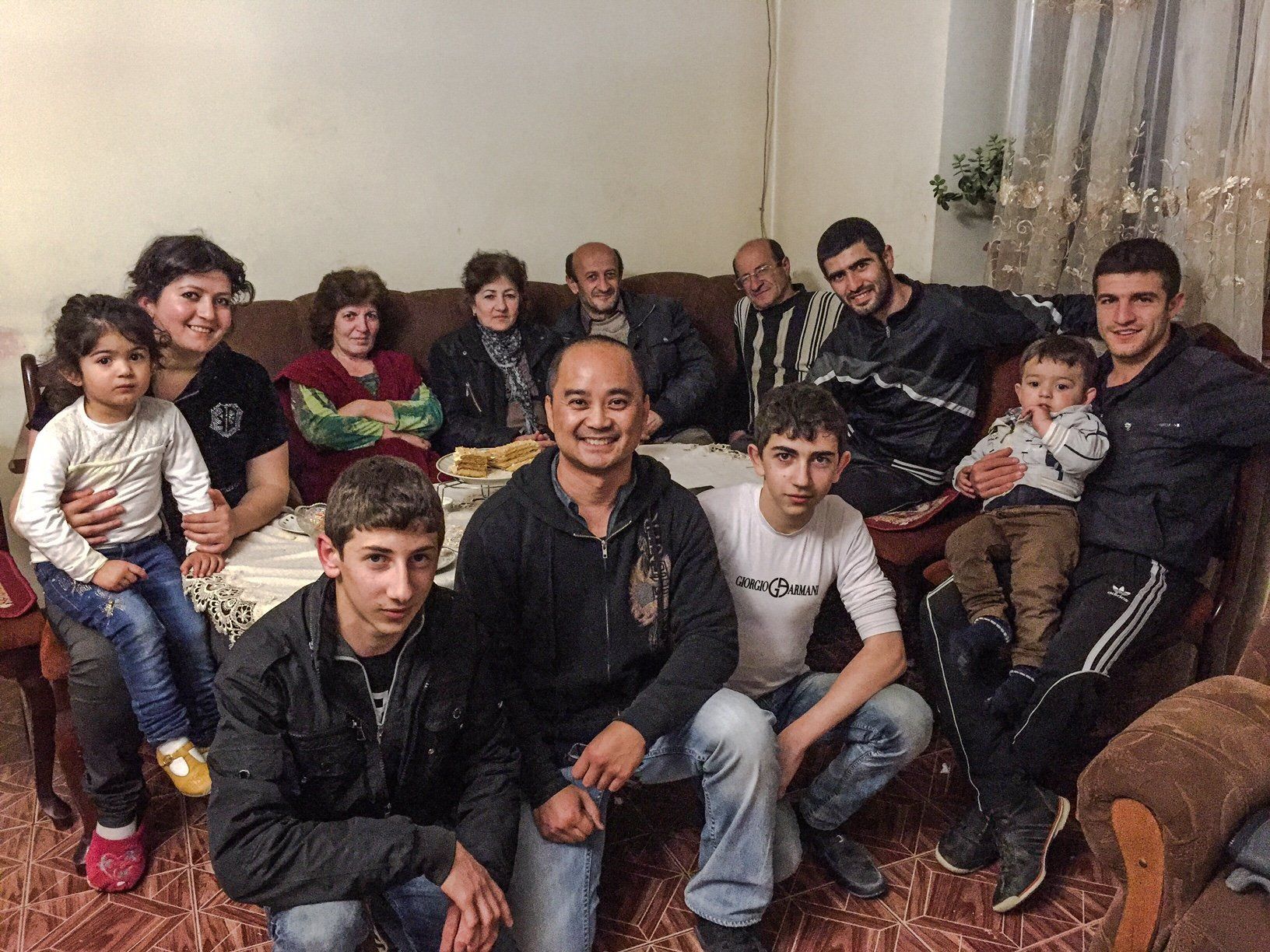
Once I sat at the table I was told we would be leaving for the cemetery. Not really understanding what was going on I asked to grab my camera and then hopped in the car. There must have been at least 5 cars of us going to the cemetery that was on the edge of the village. Once we arrived, I found out we were there to commemorate the grandparents. The first thing I noticed about an Armenian cemetery was the elaborate tombstones and attention to detail. I also noticed that some of the tombstones had seats and tables built next to them too. The ritual I observed was the burning of some wood and placing some item that produces a lot of smoke. I’m not quite sure what it represents. The entire family lined up to put the item in the burning wood and I joined in too. Afterwards, we headed back to the house to eat.
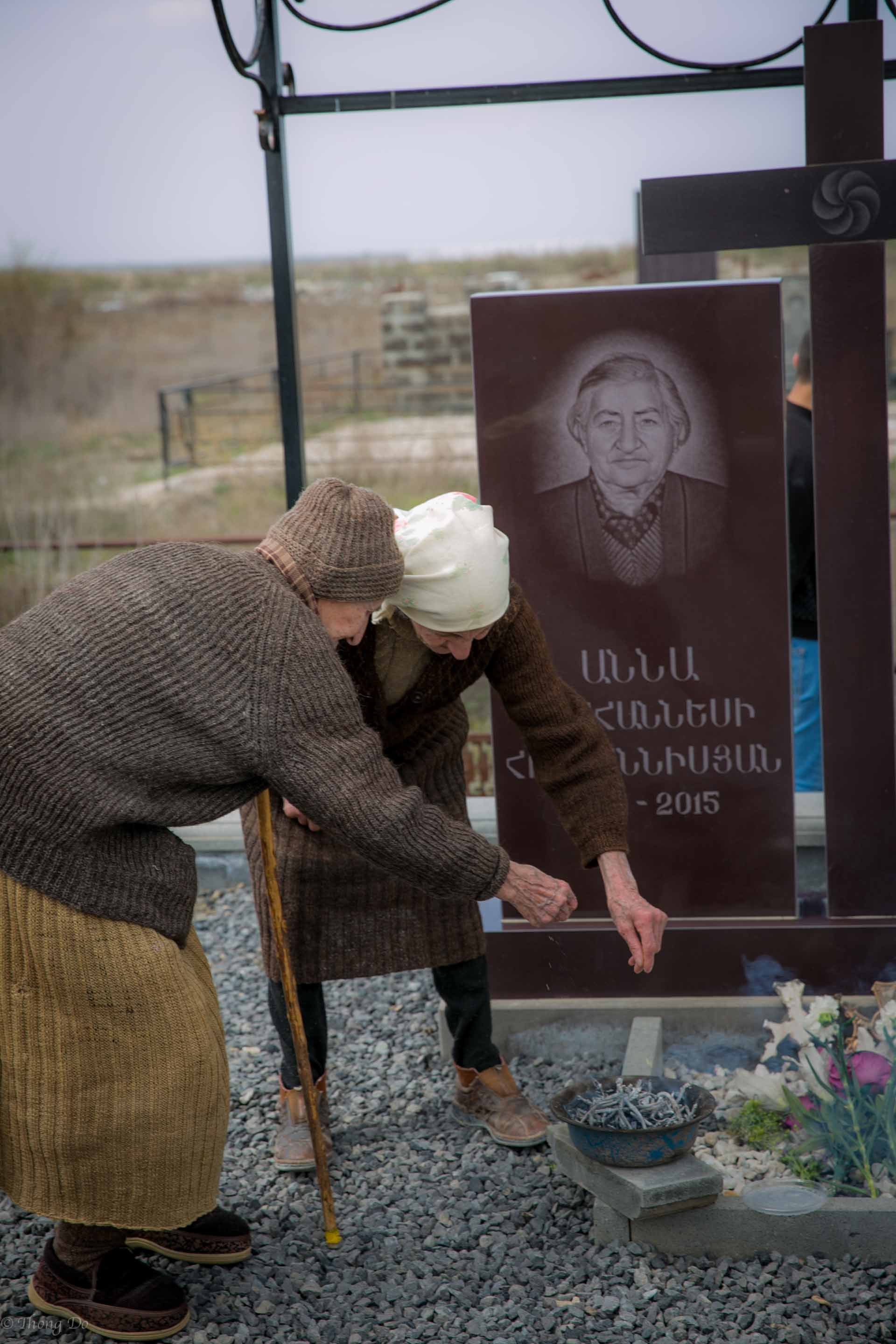
My first meal with my new host family is what I characterize as “the interrogation”. I say that jokingly because I know they are very curious to why an American would want to come to Armenia and volunteer there for 27 months. I also know they are very curious about my Asian ethnicity since I’m probably the first they ever seen in person. When I tell them I’m from California they keep asking where am I really from. Not entirely grasping that America is a giant melting pot I eventually put them at ease when I tell them I was actually born in Vietnam. Other questions about my family, my age, religion, and marital status keep everyone captivated. The men keep offering me vodka and wine and the women continue to get me to try every food item on the table. Eventually, all questions get answered and I think they accept me.
On a more somber note, last Saturday I found out that there was an escalation of violence along the northeast border with Azerbaijan. Conflict has had a long history in this region and there has been relative peace over the last decade. Sadly, military violence took place and scores of people were killed on both sides. News footage of tanks moving, anti-aircraft equipment, soldiers on the move, burning wreckage of attack helicopters and downed drones, as well as destroyed homes and buildings flood the Armenian news channels. My host family and other host families are worried and I didn’t quite understand what they are saying. There was a strong possibility that if the military violence escalated then all the Volunteers and Trainees would have to be evacuated out of the region. What that means is we’d be sent home or have the option to continue our service in another country.
As of Tuesday, April 5th, 2016 we were notified by our Peace Corps staff that a ceasefire was called on by both countries. Hopefully, the regional leaders can step in and ensure a peaceful resolution to the conflict. I’m glad we aren’t being sent home after only being in the country for such a short time. What a first week!!!!
“The contents of this website are mine personally and do not reflect any position of the US Government or the Peace Corps.”
